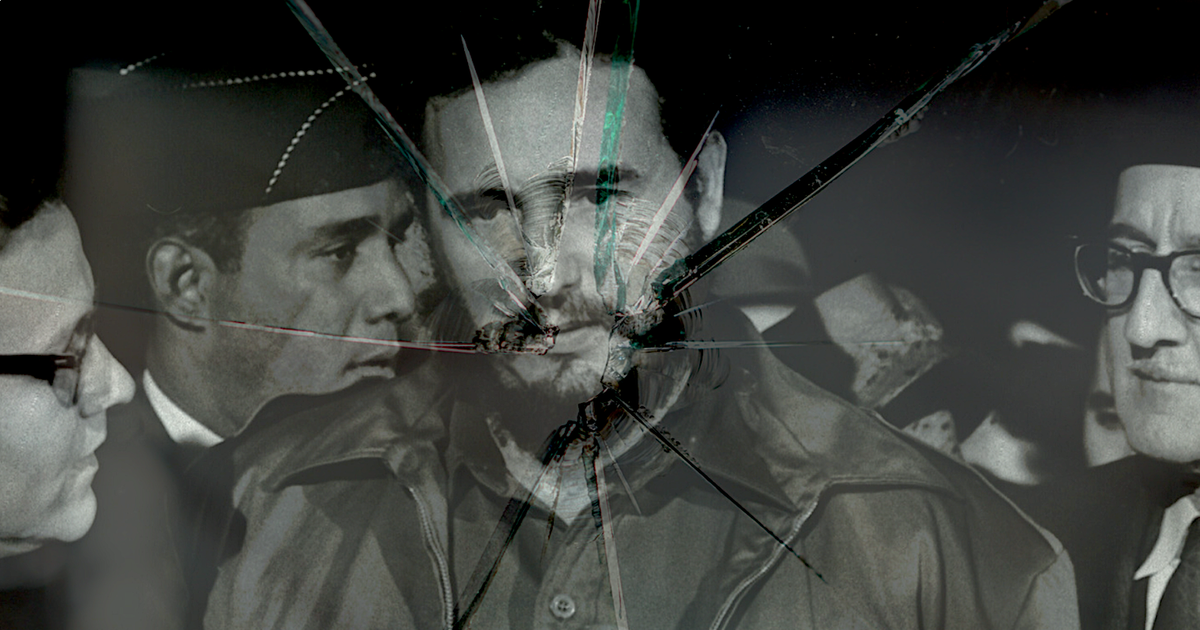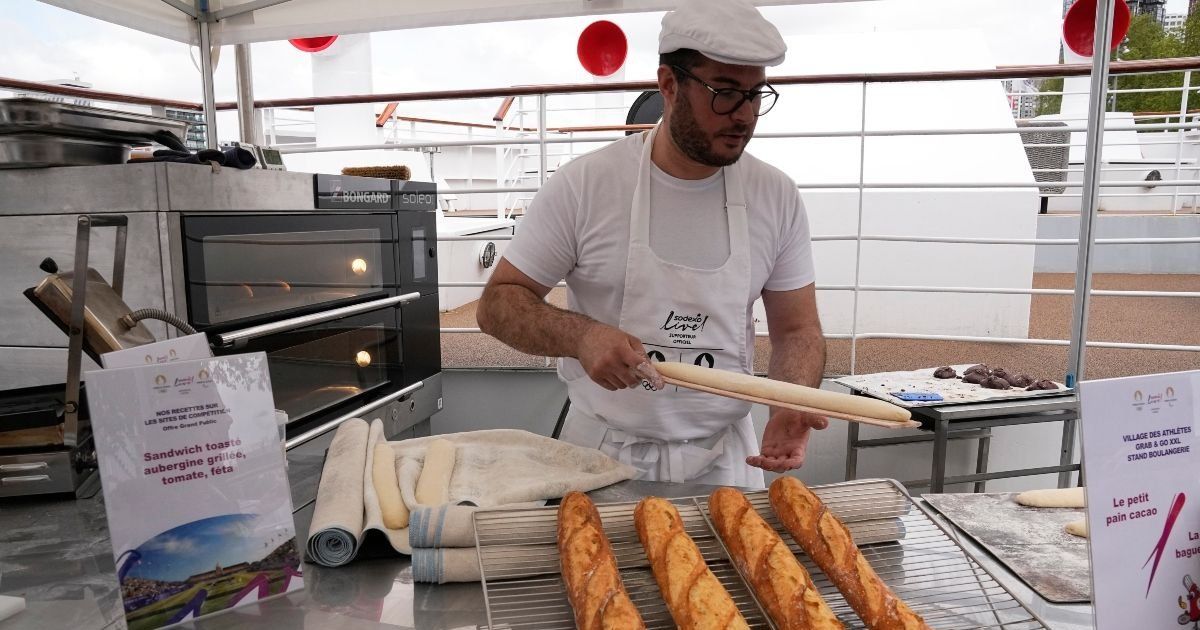HAVANA.- Sometime in the summer of 1987, my mother Tania Quintero Antúnez81 years old, on that date a journalist for the state television information system, met in an office of the Central Committee of the Communist Party with the ideologist Carlos Aldana Escalante, head of the Department of Revolutionary Orientation, in charge of selling the world an idyllic narrative of Fidel Castro and his olive green autocracy.
Tania, like most Cubans, only heard a distant and distorted echo of the incipient dissident movement on the island. The regime, under the leadership of Aldana, nephew of an old communist deposed by the Castro brothers during the microfaction of 1968, controlled the news that circulated in the country with an iron fist.. Every book, magazine or film that arrived in Cuba went through the censorship filter.
Only the government version was known. No foreign press was sold nor were foreign television channels watched. The best you could do was buy a shortwave radio and listen to Radio Martí, VOA or the BBC very quietly in the corner of the room. If a neighbor found out, he could report you. The Internet was not yet a global tool, social networks did not exist and mobile telephony was in its infancy.
I remember that that afternoon, after meeting with Aldana, my mother, skeptical by nature, believed that the government was designing a new information policy with greater autonomy for reporters. These were the times of Gorbachev, glasnost and perestroika in the former USSR. Every weekend we would queue for half an hour at a stall and buy the magazine Novedades de Moscow and the magazine Sputnik.
In the circles of the official press it was thought that the wind of change would reach Cuba. People of my generation were more pessimistic. At that stage there was a treacherous period of waiting. The most naive claimed that “El Caballo (Fidel) was taking note of the reforms in the USSR and that his brother Raúl was a convinced ‘perestroiko’.” He was 22 years old and I met with a diverse group of friends with political and artistic inclinations who had already been warned or repressed, for attitudes that Castroism considered ‘counterrevolutionary’.
That dead time that usually occurs in dictatorships, whether left or right, where an oasis of hope is glimpsed, as happened 37 years later with Obama’s doctrines and the reestablishment of diplomatic relations between the United States and Cuba, is like the trap with the cheese that they hold for the mouse to catch it.
In meetings with the press, Carlos Aldana and other DOR officials asked journalists to be more creative and daring in their work. Those who believed it, such as Luis Manuel García, from Somos Jóvenes magazine, with his report on a female rider titled The Sandra Case; Reinaldo Escobar with his explosive columns in the newspaper Juventud Rebelde or my mother Tania Quintero, producer of an audiovisual with street interviews about human rights, some time later lost their jobs.
Then I worked as a production assistant for Puntos de Vista, a half-hour program that was broadcast weekly on the Tele Rebelde Channel, with opinions from citizens and specialists on a certain topic. The head of that editorial office, Roberto Romay, was a good guy. When my mother explained to him about the program she intended to do, in line with the vote condemning the regime in Geneva, in 1988, for violating human rights, he thought it would be a program of political unanimity and support for the ‘commander’, which customary in official media.
Beforehand, I had spoken with two people who assured me that they were going to denounce on camera the beatings and mistreatment they had suffered in the harsh prisons of deep Cuba. They also criticized the lack of political freedoms. It was something unprecedented in those times. When Romay saw the video, he almost had a stroke. Of course, the program did not air. The following month they closed my contract.
At the end of 1988 the regime banned the sale of Moscow News and Sputnik. And in the sewers of power, where they named the Kremlin as the Holy Spirit, they began to call Gorbachev a prostitute, a traitor and an agent of Washington.
As in the 1970s, when Fidel Castro condemned Deng Xiaoping’s economic reforms in China, the brief pause of uncertainty ended. He began the witch hunt and intransigence. Acts of repudiation of Cubans who thought differently were reactivated. And dissent was severely punished even if people publicly apologized.
On October 29, 1987, during a meeting of the regime’s senior staff with journalism students, at the Enrique José Varona amphitheater, the echo of a phrase bounced off the acoustics of the place. “You’re my dad.” A pause. And before the student Alexis Triana began his presentation, he was rudely interrupted by Fidel Castro. Alexis was not intimidated. “Don’t interrupt me, let me finish.”
And without breaking his voice, he developed his intervention in which he mentioned the cult of personality and, quoting Julio Antonio Mella, asked for university autonomy. Fidel shot Triana a threatening look. She slowly stroked his beard and said, “Pathetic.” For two hours, Castro spoke non-stop and convinced the students. Or at least that’s what the young people thought.
Almost four decades later, most of the boys who participated in that meeting have left Cuba. Alexis Triana was sent to the province of Holguín to spend his social service, probably as punishment for his rebellion and impertinence. In his EcuRed biography, a kind of local Wikipedia, the event is not mentioned.
Alexis Triana, recently appointed president of the ICAIC, supports the bizarre government model in Cuba. Tania Quintero began as an official journalist in 1974 in the magazine Bohemia and in 1995 she became an independent journalist for Cuba Press, an agency founded by Raúl Rivero. Since 2003, in the wake of the Black Spring, she has resided in Switzerland with the status of political refugee.
The Cuban dictatorship is not original. He repeats his actions, according to the context and the occasion. In 1959, Fidel Castro swore before the international media that he was not a communist, that he would restore the 1940 Constitution and hold free elections. He lied publicly. He never fulfilled his oath.
In these 65 years, the authorities have used the discourse of change as a decoy in an attempt to appease popular discontent. Later they draw up their roadmap with false reforms. In neo-Castroism, except for Raúl Castro, Ramiro Valdés, Machado Ventura and Guillermo García, the rest of the leaders and officials are disposable.
Changing furniture is very easy. They take off some and put on others. When you renew the furniture in your home or change its location, you try to give it a new perspective. The Cuban regime does the same. Move some tokens. But everything remains the same. Pure cattardism.


